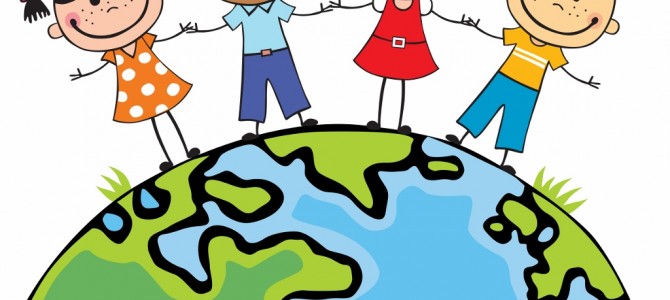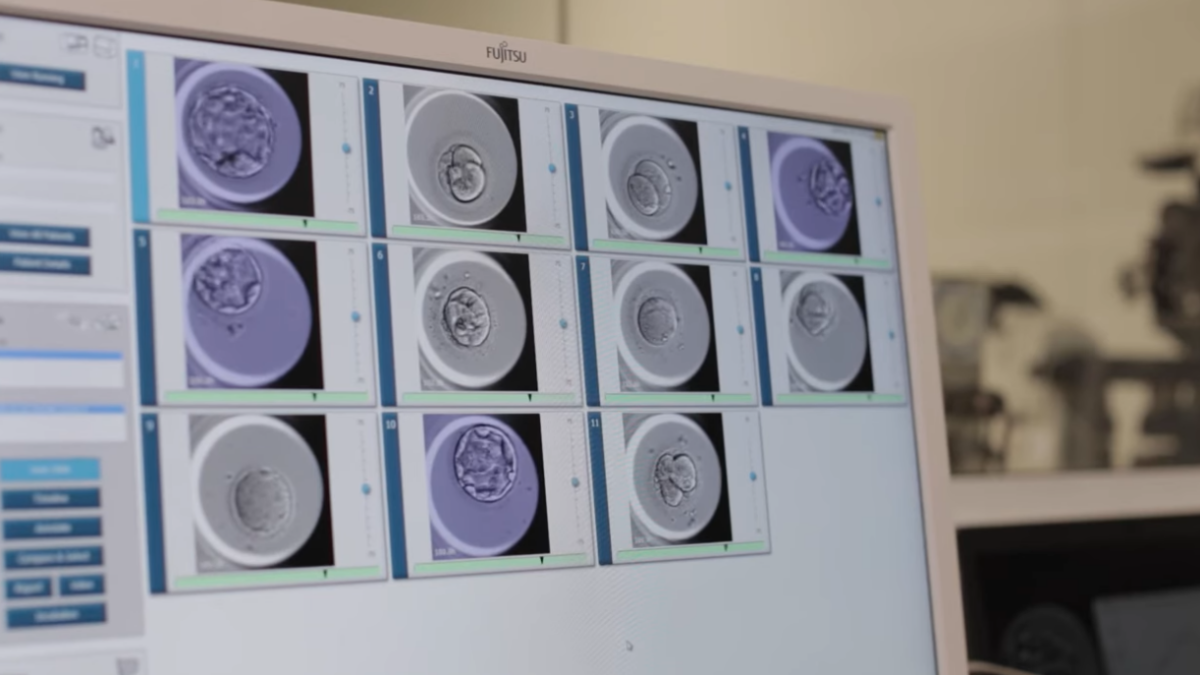Have you experienced a school “science week” lately? You should.
The chances that you’ll find a student whose goal is to one day extract fossil fuels more effectively or use genetically modified crops—or any real innovation, for that matter—to help the fortunes of billions of impoverished humans around the world is around zero. Most students will mimic what they hear, and claim to want to turn pond scum or discarded plastic bottles into eco-fuel. They get an A for caring.
Many kids confuse science with environmental activism. Who can blame them? Science isn’t only the systematic study of structure and behavior in physical and natural world through observation and experimentation, but a moral elixir.
“Science” means “panic over climate change.” “Innovation” means pretending to deal with it. And so “science week” at your local public school is probably more like “green week”—which, in turn, is just part of green year. Because every day is Earth Day.
In many states science standards are plummeting, though the prevalence of green education programs is rising. Perhaps this is not coincidental. Children seem exceptionally concerned about overpopulation and a variation in the climate, which they are told portends dystopia despite all evidence to the contrary. “Science” means creating apprehension about human progress.
How many teachers do you think point out on Earth Day that human existence—despite our generally indifference to climate change—has quantifiably improved in almost every area? Do they know the world is effectively “drowning in oil”? How many kids understand that air and water are all cleaner today than they were when their teachers were kids?
How many comprehend that climate change is a mildly negative externality of the greatest poverty-killing project ever devised by man? Has anyone asked these kids if they believe a billion people should be deprived of basic modern necessities and be forced to continue live in destitution? How many teachers explain to their students that if innovators of the past had agonized over “environmental friendliness,” we’d be living in mud houses and most of us would be dead at the hands of untreated infections?
And how many of these smart, idealistic kids are incentivized to find careers in the busted green-energy sector rather than doing something useful with their lives? Earlier this month at White House Science Fair, there was not one mention of someone proposing to help people with autism or obesity or infant mortality. But there was plenty of jibber jabber about fixing the nonexistent energy crisis.
Here’s a sampling:
“These Kids are In Charge: California Students Build Solar-Powered Charging Station for Electric Vehicles”
“Missouri Girl Scouts Develop Recycling Program and Discover a New Glue—Now Seeking Two Patents”
“Florida Teen Develops Novel Solution to Pen Pal’s Power Challenge” (The novel solution is saddling poor kids in Africa with what sounds like prohibitively expensive energy ideas that have to do with the ocean.)
“Idaho Teen Looks to Prehistoric Past to Understand Climate Challenges”
“Las Vegas Middle School Team Takes on Sustainable City Design”
Even teens working on a perfectly cool-sounding robot projects feel compelled to load up their idea with fustian eco-talk. One Los Angeles duo is now partnering up with “a program focused on advancing technology and constructing environmentally-friendly schools, built from recycled bottles, for children in Guatemala.”
I didn’t make that up.
On this Earth Day, let’s remember to never let ideologues dictate what science should look like. Look what they do to schools and simply extrapolate.
One imagines, for instance, that more high school kids know who Bill Nye is than Jonas Salk. (Though, I guess, more adults know of Elon Musk — who, let’s face it, builds toys for millionaires — than those who’ve created innovations in agriculture, nanotechnology, or medicine.) When Nye, one of the president’s favorite Malthusians, become the standard bearer of “science,” you know we have misplaced priorities. I mean, is it wrong to call fascist a TV personality who toys with the idea of prosecuting people he disagrees with?
Nye isn’t alone in warming up to the notion of meting out retribution to those who are not committed to the oxymoronic idea of “settled science.” Mainstream left journalists cheer these witch hunts and the authoritarian impulses of attorneys general who seek to retroactively punish thought criminals and insure conformity moving forward.
Not all kids, of course fall for it. Thankfully, many young people possess the intellectual curiosity, critical faculties, and ingenuity to overcome our public education system. And thankfully, there is a market and profit motive that lifts desirable science and ideas and leaves wishful and wasteful thinking to government subsidies.
We have president who advocates for Project Apollo-like effort to make windmills economically feasible, but laments the rise of the ATM. Today, “science” means supporting inefficient pie-in the-sky green projects that are force-fed to the public through the regulatory state and propped up by subsidies. These are not innovations.
By definition, an innovation is an idea or more-effective process, application, tool, or solution that meets the demands of the market and the needs (known and unknown) of people. Many of the Right do a great disservice to their cause by failing to argue contemporary issues like climate change on scientific and economic grounds. But the inability of leftists to make a distinction between their ideological desires and reality is a why they can’t be trusted to define the parameters of science, either. This Earth Day, you don’t need to look any farther than your kid’s corrupted science curriculum or the authoritarian disposition of your local Science Guy to understand why.









